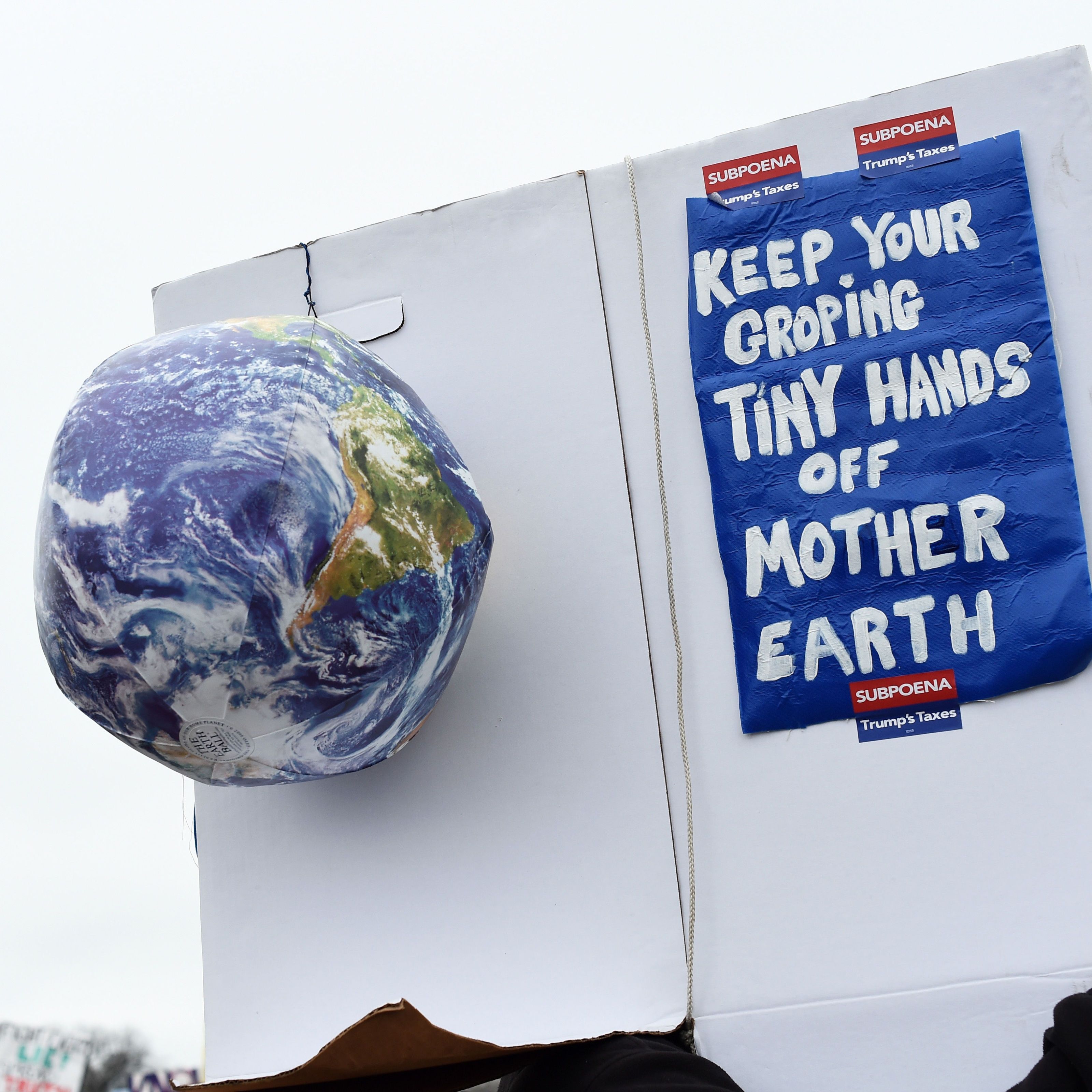Women Are Deciding to Have Fewer Children, and Global Warming Is to Blame
It’s not just the climate that’s changing. Our environmental crisis is shifting American attitudes about having kids.
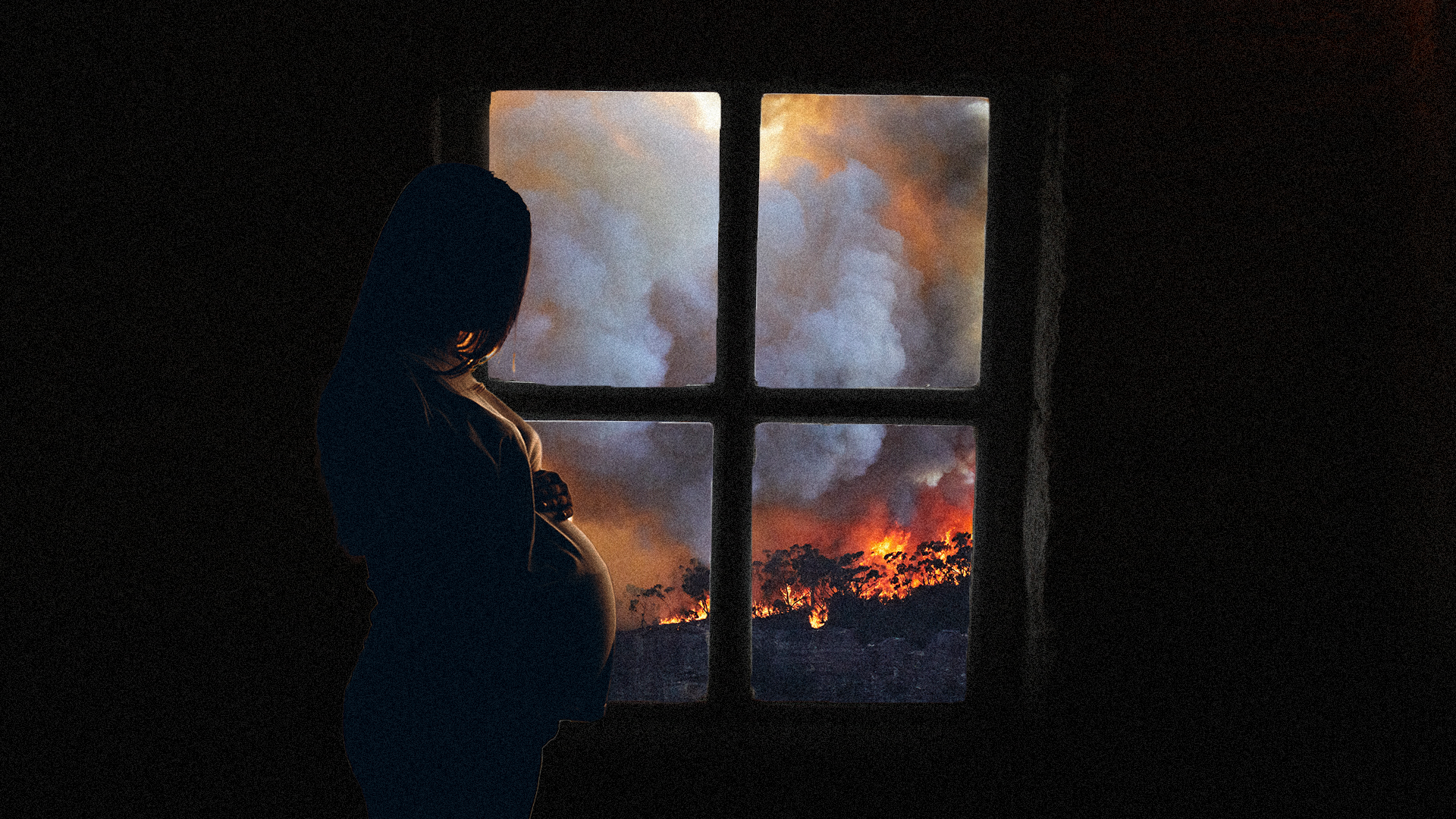
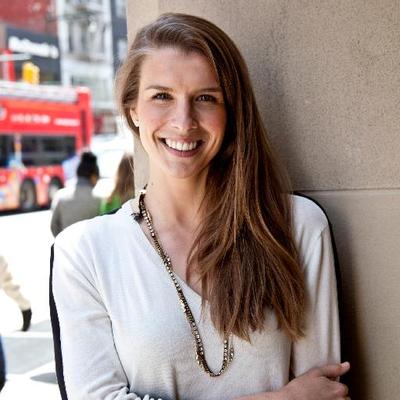
The Dixie Fire, Hurricane Ida, sub-freezing temps in Texas that blew the power grid and led to 210 deaths—that’s just a sampling of the climate disasters that occured last year alone. Turning to the future, humans can look forward to a planetary temperature increase of between 2.5 and 10 degrees Fahrenheit; once-in-20-year extreme heat days happening every two or three years; and an up-to-eight-foot rise in sea level. It’s no wonder women are rethinking bringing more people into this rapidly deteriorating world.
In fact, 58 percent of women have adjusted their family planning because of concerns about climate change, according to a new survey conducted by reproductive health company Modern Fertility and shared with Marie Claire exclusively. These women are worried, in particular, “about the world [their] kids will inherit,” per the results. A third say they want to have fewer children because of it.
While 34 percent of the more than 2,800 American women surveyed are reducing their previously anticipated family size, a large cohort said that our planet’s current crisis has actually accelerated their timeline for having kids, either because it’s refocused what’s important to them (17 percent) or added a sense of urgency (14 percent).
Women are worried about the world their kids will inherit.
Economics seems to be a factor. Low-income earners were more likely to say they plan to have kids sooner—22 percent of respondents who make less than $50,000 compared to just 7 percent of women making $200,000 or more. It may be that, as problems worsen, natural resources could become luxury items, something the rich and ultra-rich won't have to worry about. Other monetary considerations: the cost of being displaced by a climate disaster, as well as the cost of repairing or replacing property destroyed by the next Hurricane Katrina or Camp Fire.
For some women, environmental issues have them rethinking how they grow their family: More than a quarter of respondents say they have considered adopting, rather than having biological children. The survey showed a statistically significant difference between the feelings of Gen Z and Millennials—32 percent to 25 percent, respectively.
“Gen Z is acutely aware of the climate crisis in ways that other generations at the same reproductive age were not,” says Jane Van Dis, an ob-gyn and founder of Time’s Up Healthcare. “[Gen Z sees the news] that not having a child limits the amount of carbon that they are personally responsible for.”
But this is perhaps an unfair weight to put on the shoulders of individual mothers. Certainly a bigger contributor to climate change is the fossil fuel industry, which parents or potential parents have limited, if any, control over—energy sources are by and large decided by government. Adds Dr. Van Dis, “There’s a lot of tension in terms of what is a personal responsibility versus what is a societal responsibility.” It’s clear that women are thinking about their own accountability: Nearly 40 percent said that it feels “irresponsible or unethical” to continue to bring more children into the world with the problems our planet is already facing.
Stay In The Know
Get exclusive access to fashion and beauty trends, hot-off-the-press celebrity news, and more.
Migration is one result of global warming that experts are watching play out in real-time. It’s often talked about in the context of refugees fleeing less-developed nations. But women in the States are feeling anxious about where they live, too: Nearly one-third of women surveyed said they have thought about moving to a new place before starting a family because of the impacts of climate change on where they currently reside. Gen Z women were more likely to agree with this statement than Millennials (39 percent versus 29 percent), perhaps because as women get older they become more settled in their community. As Dr. Van Dis points out, “there isn’t as much fidelity to a location or a company [for Gen Z] as there might have been in previous generations.”
While understanding women’s attitudes around their family planning is important, it isn’t just attitudes that climate change is impacting; the changing planet is also impacting women's ability to have a family at all. “Due to climate change, we are seeing increased rates of infertility. Due to climate change we are seeing increased rates of complications in birth, increased rates of preterm birth, increased rates of sperm decline,” says Dr. Van Dis. “In a way, I feel like the fossil fuel industry owns humanity right now, and we need to take our humanity back from them.”

Danielle McNally is a National Magazine Award–winning journalist. She is the executive editor of Marie Claire, overseeing features across every topic of importance to the MC reader: beauty, fashion, politics, culture, career, women's health, and more. She has previously written for Cosmopolitan, DETAILS, SHAPE, and Food Network Magazine.
-
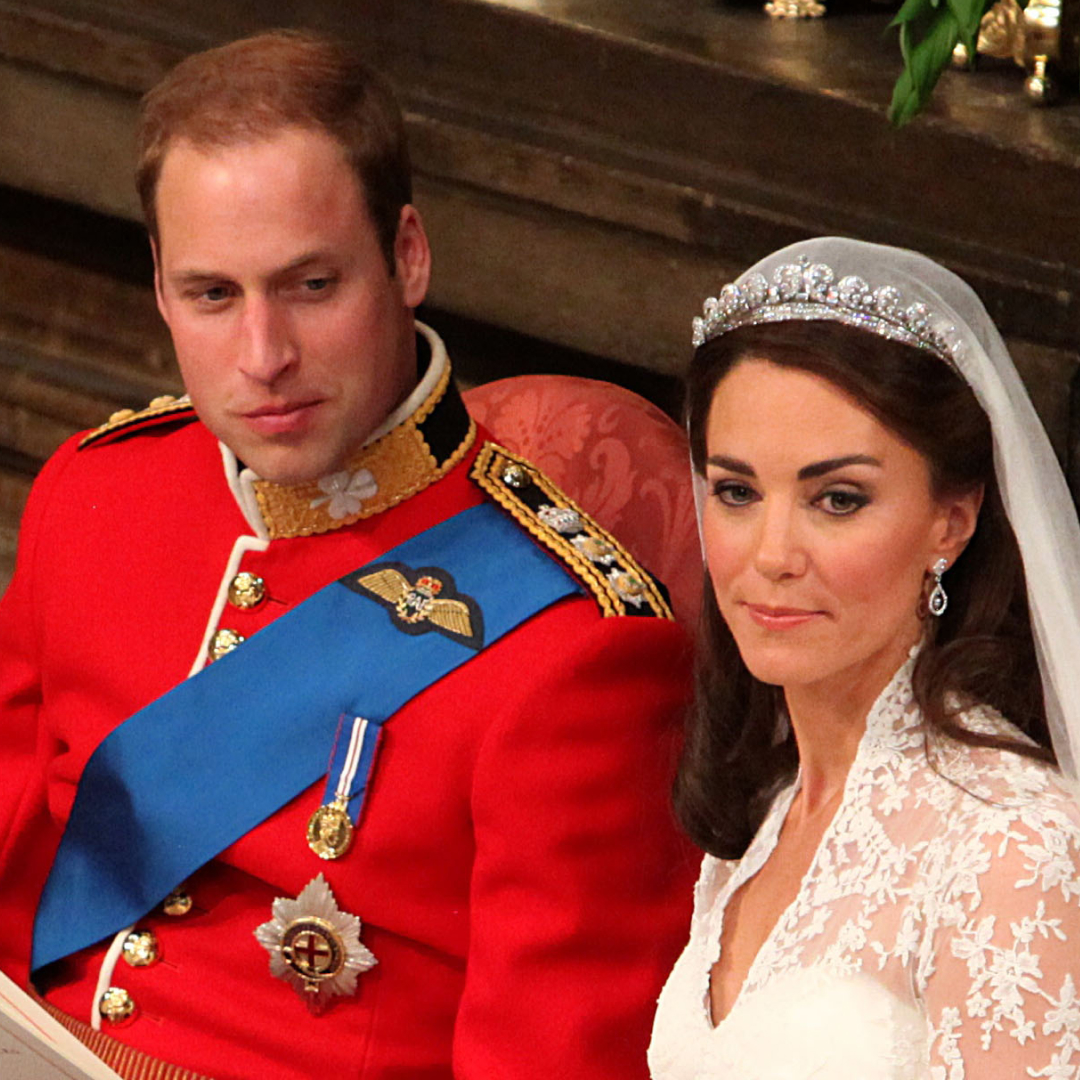 Why Prince William's Exes Attended His Wedding to Kate Middleton
Why Prince William's Exes Attended His Wedding to Kate MiddletonThe exes were invited "due to a more peculiar upper class British tradition."
By Amy Mackelden
-
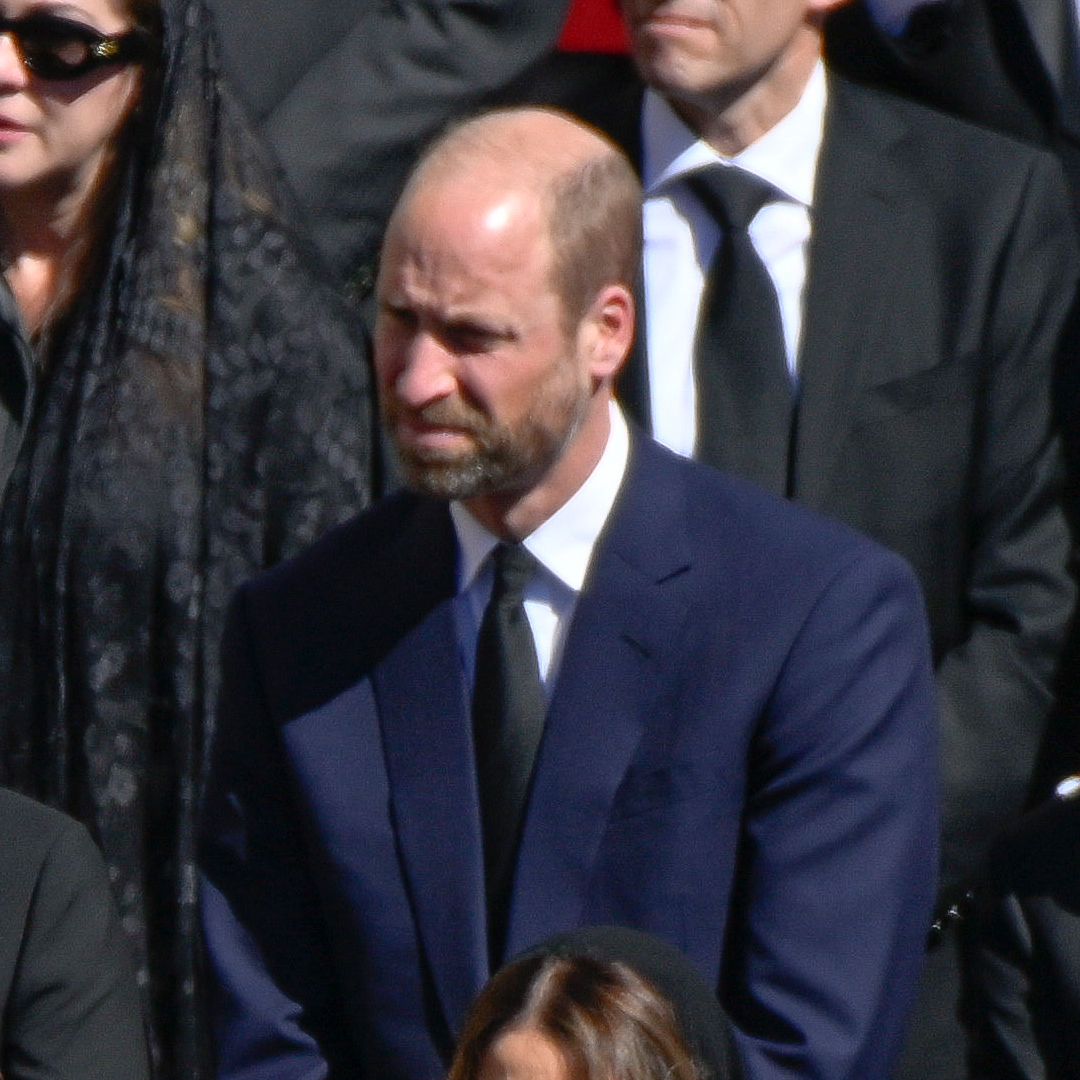 Why Prince William "Stepped in" for King Charles at the Pope's Funeral
Why Prince William "Stepped in" for King Charles at the Pope's FuneralThe seating plan was described as a "master plan" of "big egos."
By Amy Mackelden
-
 A Vintage Fendi Baguette Is Bella Hadid's Plus-One
A Vintage Fendi Baguette Is Bella Hadid's Plus-OneThe model paired her skintight capri jumpsuit with pointed-toe heels.
By Amy Mackelden
